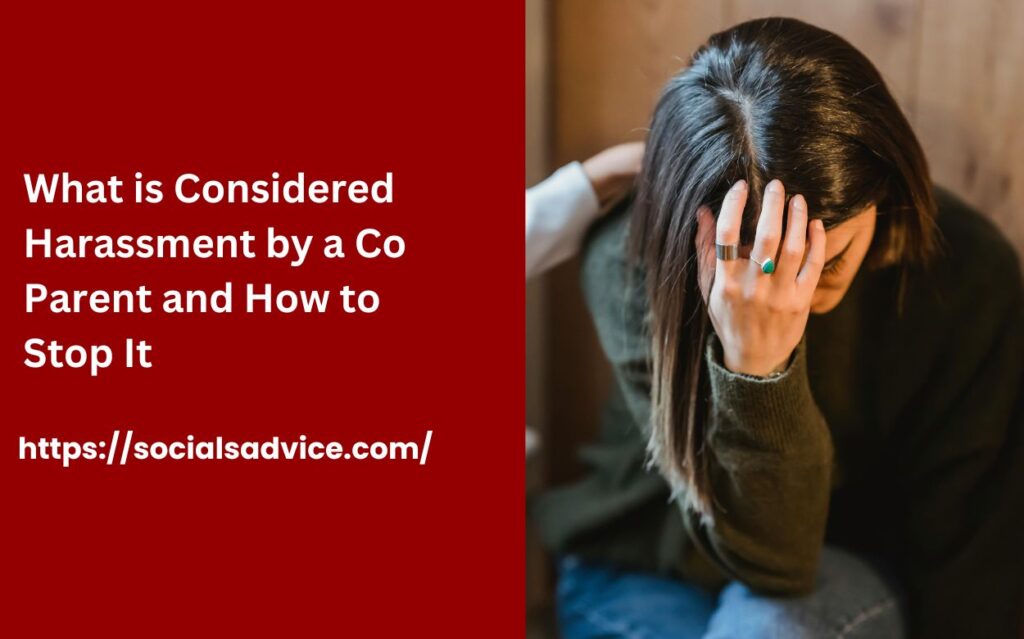
Family law matters such as child custody or spousal support often cause concern and result in conflict. Occasionally, a party refuses to follow with courts because they are not satisfied with the order issued by the judge. Disrespect of court occurs when a person fails to cooperate with the family law order, resulting in contempt charges.
What is Contempt of Court in Family Law?
People often ask what is contempt of court in family law?
This includes disrupting or obstructing a court order or proceeding, and a person is charged with contempt of court if he or she fails to attend Family Court hearings frequently. Family law generally handles situations where family court decisions need to be enforced or defended.
Contempt in family law often occurs during and after divorce proceedings, such as.
- Refusal to pay court-ordered spousal support
- Refusal to pay child support as ordered by a court
- Violation of restraining order
- Not allowing the child to see the other parents even after the visitation period ends
- Not allowing the other parents to interact with a child
- Improper distribution of property
In Maryland, the court system strictly enforces family law orders, whether child support or spousal support. But, before filing a contempt complaint, there must be an original court order.
Those inquiring about contempt of court in family law should remember that breaching a written and signed agreement without a court order does not constitute contempt of court. It is very important to prove that there is a legitimate court and that the guilty party deliberately violated the order.
Proving Contempt of Court: Steps to Take
While exploring what is contempt of court in family law, it’s crucial to understand the following steps to prove that an opposite party is in contempt,
Step 1
Must show a valid and written court order, signed by a judge, and currently in effect. Such an order may be written by a judge at the hearing prior to the divorce hearing, or based on the parties’ Marital Settlement Agreement.
Step 2
Secondly, it is required to prove that the opposing party is aware of a court order by providing proof that the other party was present in court when the order was issued. You can prove that the other party was asked to comply with the order or if they obeyed the court order for a while before suddenly stopping.
Step 3
You must show that the other party can comply with the court order, but remember that this factor does not apply in child support cases.
Step 4
Finally, you must prove that the opposing party voluntarily failed to comply with the order. But it is important to note that when proving contempt in family law, it is not necessary to prove that the violation was willful in a child support case.
Consequences of Contempt of Court in Family Law Cases
Contempt of court has two main consequences. Consequences are determined by the judge’s discretion and the type of order violated, as well as the situations surrounding the violation of the order.
Criminal Contempt
Contempt of court refers to willful disobedience of the court order. A person is charged with criminal contempt if he was able to comply but willingly ignores the order issued by the court.
This results in punishment for the opposing party, and their case is treated like any other criminal violation.
Civil contempt
Contempt makes the opposing party comply with the orders issued by the court and does not punish them. This usually involves an involuntary violation of a court order.
For example, failure to pay child support and noncompliance with custody orders. The purpose of civil contempt is to compel the opposing party to comply with court orders.
Punishments & Sanctions
Civil contempt proceedings differ from criminal contempt proceedings in that the consequences are purgatory. This means that the restrictions are lifted when the opposing party complies with a court order.
Punishments for Civil Contempt
Depending on the nature of the violation, civil contempt varies, e.g
- Heavy penalties
- Imprisonment
- Supervised visit
- Wage garnishment
- Changes to the parenting plan
Punishments for Criminal Contempt
Contempt of court does not compel the offender to comply with the court order but is punished to protect the dignity of the court. Possible penalties include:
- The fine
- Imprisonment
- Probation
- Community Services
Avoiding Contempt of Court Charges
To avoid being charged with contempt, follow the rules of court procedure and your court order.
Parents’ reasons for not following a court order are not always spiteful. Sometimes, the setting is too confusing or hard to understand. Always ask the court or your attorney to clarify anything that is unclear.
If you’re still struggling, try reaching out to the other parents. Consider asking a court to modify your order.
If you pay support, notify the court immediately when you are having trouble paying. This can save you a lot of money and a libel charge that could potentially land you in jail.
Final Thought
Contempt in family law results in severe penalties for the opposing party if the ex-spouse files a complaint that he or she is violating a court order and should be punished.
The court schedules a hearing for the parties to discuss the disagreement but requires direct proof regarding the violation of the court order.
FAQ’s
What are the possible consequences of being held in contempt of a court?
This can have serious consequences, ranging from a simple fine to imprisonment. Also, it affects future action.
Can you prevent contempt of court charges?
To avoid charges, it’s important to comply with the court order, agree to the terms, and make sure to appear at the hearing on time.
What are the possible penalties in civil contempt of court?
The opposing party, if found guilty, fines, faces imprisonment, increased fees, and sometimes jail time.
How long can you go to jail for contempt of court in USA?
In a penal circumstance, a court may order up to 180 days in prison upon conviction of a contempt charge. The amount of time is up to the judge, and there are judges who will not hesitate to impose a prison sentence. In a correctional circumstance, the court may also order prison time in a correctional manner.


